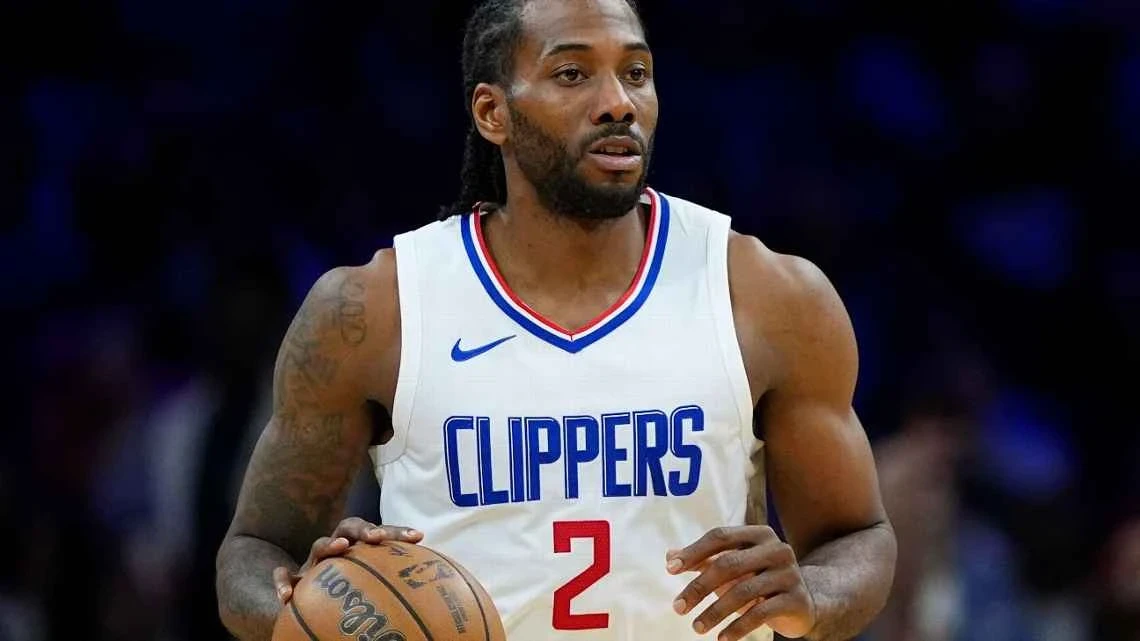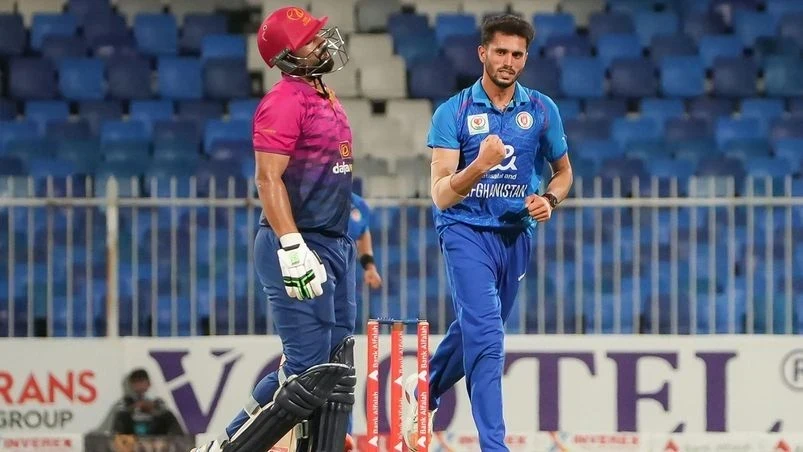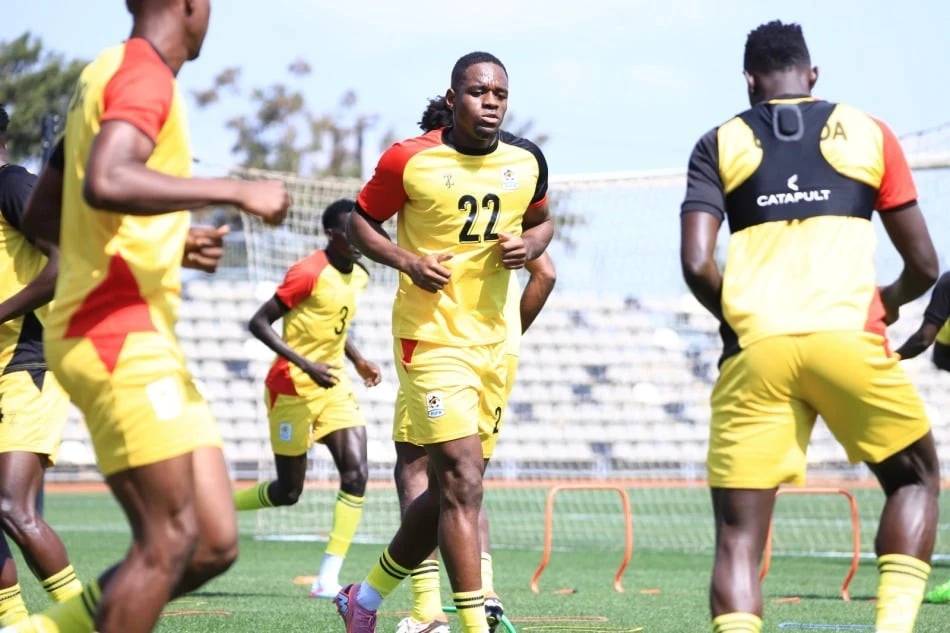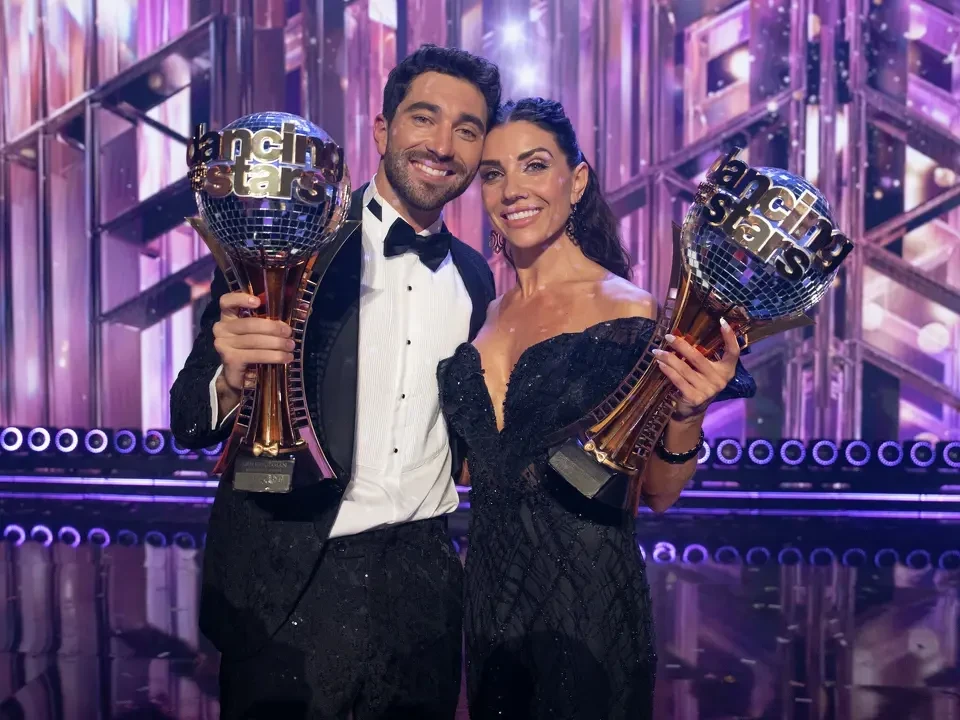
Kawhi Leonard: Clippers' Cap Skirting Controversy
The Los Angeles Clippers are currently under the NBA spotlight, not just for their on-court performances but due to a financial controversy involving their star player, Kawhi Leonard. Recent reports suggest that the Clippers may have engaged in activities to circumvent the NBA’s strict salary cap regulations. This raises questions about the legality and ethicality of certain financial maneuvers within the league.
Kawhi Leonard's journey with the Clippers began amidst much fanfare and speculation. As one of the NBA’s premier players, Leonard’s move to Los Angeles was seen as a coup for the Clippers. However, recent revelations have cast a shadow over what was otherwise considered a strategic athlete acquisition.
Understanding the Salary Cap
The NBA salary cap is a system designed to ensure competitive balance within the league by limiting the amount of money a team can spend on player salaries. This system is vital for maintaining parity, allowing smaller market teams to compete alongside wealthier franchises.
Kawhi Leonard’s contract, like those of other uber-talented players, is structured to maximize both team and player benefits within the cap’s confines. However, the complexity of these agreements often leads to inventive interpretations and, at times, exploitations of loopholes.
The Allegations Against the Clippers
At the heart of the current controversy is an alleged payment structure designed to entice Leonard to join the Clippers, which reportedly skirts around established salary cap rules. Such strategies might include offering special incentivized payments or funneling additional financial benefits through third-party channels, albeit covertly.
According to the reports, the Clippers' management has been challenged to explain suspicious transactions linked to Leonard and, potentially, linked entities. If corroborated, these actions could classify as salary cap circumvention, a violation that the league takes seriously.
Implications for the NBA
This controversy has triggered intense scrutiny not just from the league, but also from fans and analysts who fear the implications of such financial practices. If unchecked, it could create a precedent where marquee players and influential teams bypass the very systems meant to preserve league integrity.
For the NBA, integrity in contracts and player payments is paramount. The repercussions for any team found guilty of violating these tenets can include hefty fines, loss of draft picks, or even harsher penalties, as seen in past instances.
Kawhi Leonard’s Role and Reaction
While Leonard’s on-court skills are unquestionable, this situation places him in an uncomfortable spotlight regarding the business of basketball. For Leonard, who has largely maintained a reputation of professionalism, the association with such controversy undoubtedly adds pressure.
His response to the unfolding scenario is keenly observed by fans and commentators alike. Demonstrating transparency and his understanding of the situation could be key in navigating this storm effectively.
The Clippers’ Defense and Future
For the Clippers, addressing these allegations necessitates robust legal and public relations strategies. The team must engage openly with investigators and provide clarifications to restore fan trust.
Long-term, this incident is a sobering reminder for all teams about the importance of compliance and transparency in player acquisitions. Adjustments in league policy concerning salary negotiations and caps might emerge as part of future collective bargaining agreements.
Conclusion
The Kawhi Leonard controversy underscores a pivotal challenge facing modern sports leagues: balancing dynamic player markets with institutional frameworks designed to maintain fairness. As the Clippers and the NBA navigate this complex landscape, stakeholders will watch closely to see how governance and sports ethics evolve in response to current realities.



